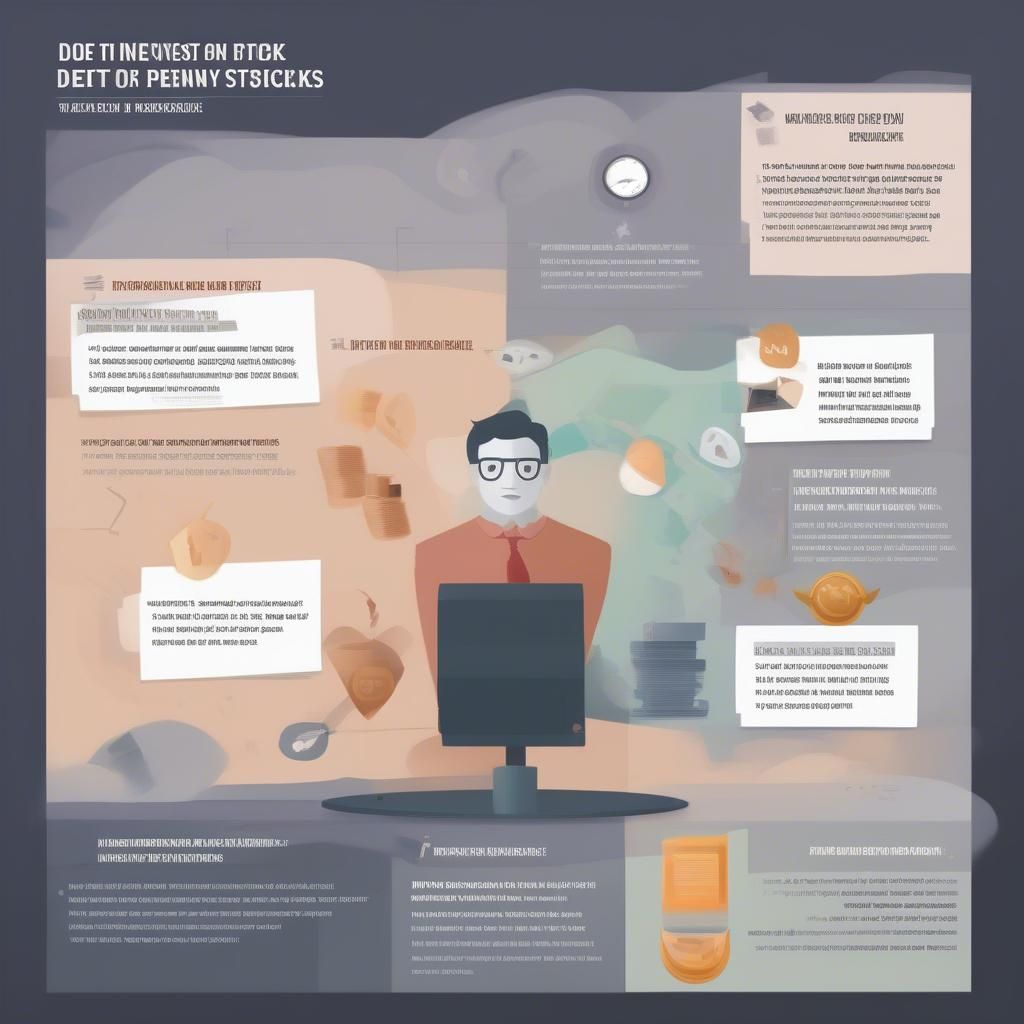Debt consolidation is a popular financial strategy that involves combining multiple debts into a single loan with a lower interest rate. This can simplify your finances and potentially save you money on interest payments. Capital One is a major financial institution that offers a variety of debt consolidation options, including personal loans and balance transfer credit cards.
Understanding Debt Consolidation
Debt consolidation works by taking out a new loan to pay off your existing debts. This leaves you with a single monthly payment to manage, which can be easier to track and budget for. If the new loan has a lower interest rate than your current debts, you can also save money on interest over time.
What Types of Debt Can Be Consolidated?
You can typically consolidate unsecured debts, such as:
- Credit card debt
- Personal loans
- Medical bills
Secured debts, such as mortgages and auto loans, usually cannot be consolidated.
Capital One Debt Consolidation Options
Capital One offers two main options for debt consolidation:
1. Personal Loans
Capital One personal loans can be used for a variety of purposes, including debt consolidation. These loans offer fixed interest rates and flexible repayment terms, making it easy to budget for your monthly payments.
2. Balance Transfer Credit Cards
Capital One also offers balance transfer credit cards with introductory 0% APR periods. This allows you to transfer your high-interest credit card debt to a new card with a lower interest rate, giving you time to pay down your debt without accruing interest.
Is Capital One Debt Consolidation Right for You?
Capital One Debt Consolidation can be a good option if you:
- Have good credit
- Can qualify for a lower interest rate
- Are disciplined with your finances
However, it’s important to consider the following factors:
- Fees: Some debt consolidation loans and balance transfer credit cards come with fees, such as origination fees and balance transfer fees.
- Interest rates: The interest rate you qualify for will depend on your credit score and other factors.
- Repayment terms: Make sure you understand the repayment terms of the loan or credit card before you commit.
Alternatives to Debt Consolidation
While debt consolidation can be a helpful tool, it’s not the right solution for everyone. Other options to consider include:
- Debt management plan: A debt management plan (DMP) is a program offered by credit counseling agencies that helps you negotiate lower interest rates and monthly payments with your creditors.
- Debt settlement: Debt settlement involves negotiating with your creditors to pay a lump sum amount that is less than what you owe. However, debt settlement can have a negative impact on your credit score.
- Bankruptcy: Bankruptcy is a legal process that can eliminate or reduce your debt. However, it is a serious decision that should only be considered as a last resort.
Conclusion
Capital One debt consolidation can be a valuable tool for simplifying your finances and saving money on interest. However, it’s important to carefully consider your options and choose the best solution for your individual needs. By understanding the different debt consolidation options available and evaluating your financial situation, you can make an informed decision about whether Capital One debt consolidation is right for you.



